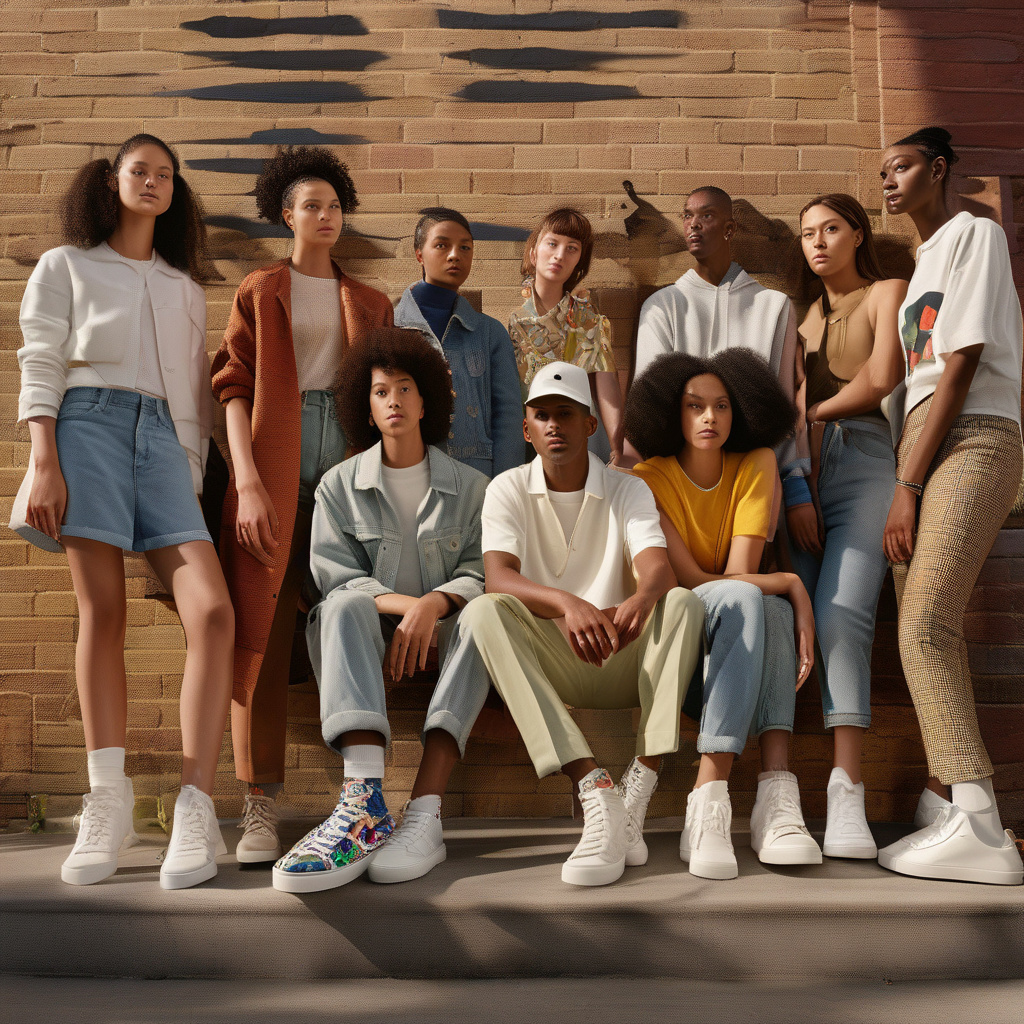The Kicks You Wear: Proof That Brand Values Still Matter
In the ever-changing landscape of consumer preferences and purchasing behaviors, one thing remains constant – the importance of brand values. While it may seem that consumers are willing to buy anything from their favorite brands, recent trends indicate that brand values play a significant role in shaping purchasing decisions, particularly when it comes to footwear.
Take, for example, the rise of sustainable and ethical fashion. In 2025, consumers are more conscious than ever about the environmental and social impact of their purchases. This shift in mindset has led many to reevaluate their relationship with brands that prioritize sustainability and ethical practices. When it comes to footwear, brands that use eco-friendly materials, support fair labor practices, and prioritize transparency in their supply chain are gaining traction among consumers who value these principles.
One such brand that has successfully leveraged its commitment to sustainability is Allbirds. Founded on the principles of comfort, design, and sustainability, Allbirds has quickly become a favorite among eco-conscious consumers. By using materials like merino wool and eucalyptus fiber, Allbirds has not only created a comfortable and stylish product but has also minimized its environmental footprint. This dedication to sustainability has resonated with consumers, propelling Allbirds to the forefront of the sustainable footwear movement.
But it’s not just sustainability that drives consumer preferences. In an era where social issues are at the forefront of public discourse, brands that take a stand on important issues are also gaining favor with consumers. For instance, brands that support diversity and inclusivity are increasingly resonating with a diverse consumer base. By featuring a wide range of skin tones in their marketing campaigns or offering extended sizing options, these brands are sending a powerful message of acceptance and representation.
Nike, a global leader in the sportswear industry, has been at the forefront of championing diversity and inclusivity. Through campaigns like “Dream Crazier” featuring athletes breaking barriers and challenging norms, Nike has positioned itself as a brand that celebrates diversity and empowers individuals to push beyond societal expectations. This commitment to inclusivity has not only garnered praise from consumers but has also translated into increased brand loyalty and sales.
In a market saturated with options, brand values have become a crucial differentiator for consumers looking to make informed purchasing decisions. As the preferences of consumers continue to evolve, brands that prioritize sustainability, ethics, and inclusivity are poised to succeed in 2025 and beyond. By aligning their values with those of their target audience, brands can foster deeper connections with consumers and create a loyal customer base that extends far beyond a single purchase.
So, the next time you lace up your favorite pair of kicks, take a moment to consider the values that drive the brand behind the product. In a world where choices abound, the kicks you wear are not just a fashion statement but a reflection of your beliefs and values. And in 2025, it’s clear that brand values still matter more than ever.
sustainability, ethicalfashion, diversityandinclusivity, brandloyalty, consumerpreferences












